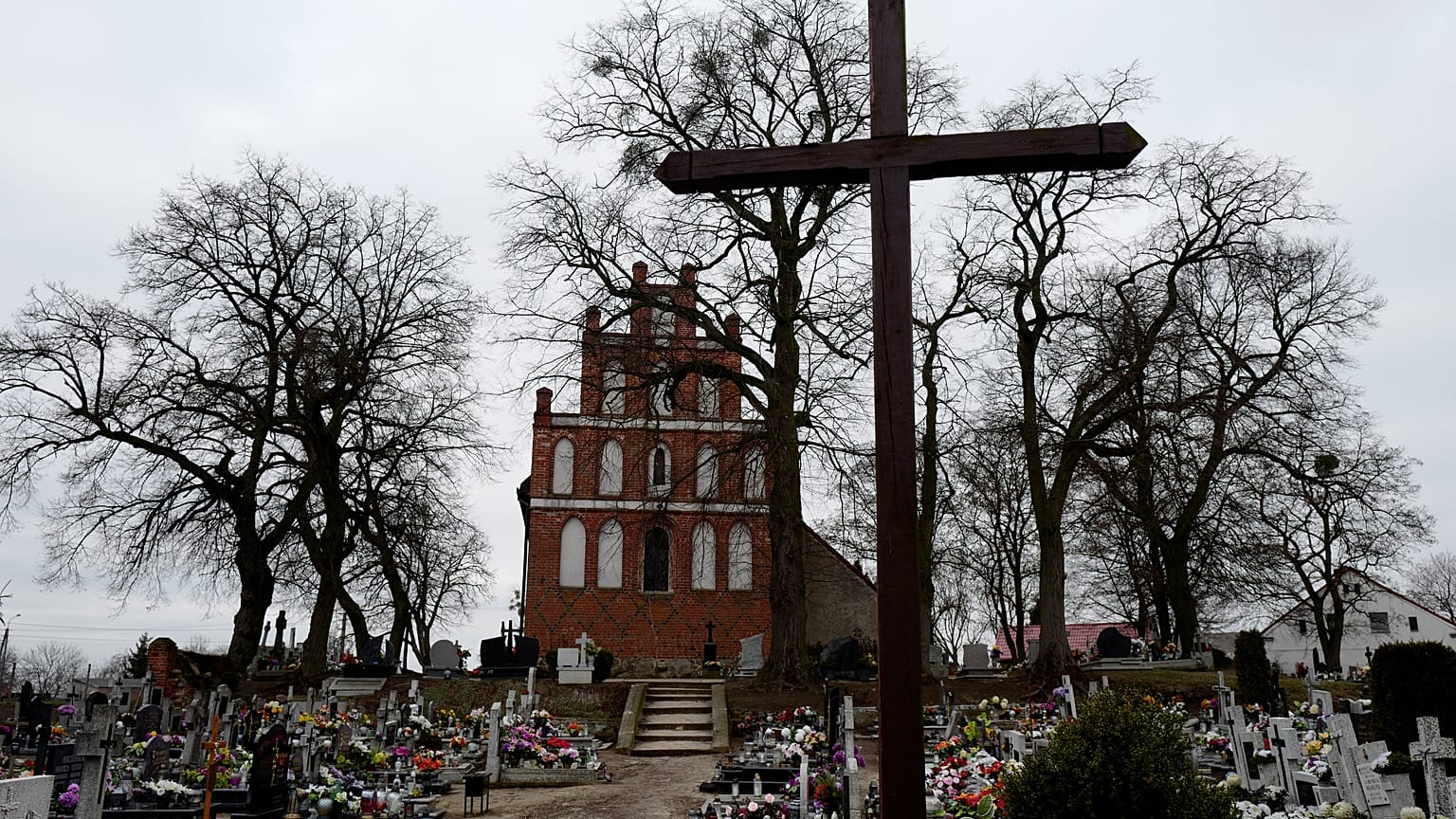Armenia (79%) and Georgia (72%) topped the list of adults who say they believe in God with absolute certainty, while France (11%), Switzerland (11%) and Germany (10%) were surveyed as countries who had the least certainty in God’s existence.
Europe has a distinct geographical divide when it comes to the certainty of faith.
According to a survey by the Pew Research Center in Washington DC, Western Europeans express belief in a Christian God at lower levels than people in Central and Eastern Europe.
Armenia (79%) and Georgia (72%) topped the list of adults who say they believe in God with absolute certainty, while France (11%), Switzerland (11%) and Germany (10%) were surveyed as countries who had the least certainty in God’s existence.
According to a 2011 census, more than (95%) of Armenians are members of the Armenian Apostolic Church, which was founded in the 1st century AD, and in 301 AD became the first branch of Christianity to become a state religion.
Among the Central and Eastern European countries surveyed, there are only three exceptions where fewer than two-thirds of adults say they believe in God: Hungary (59%), Estonia (44%) and the Czech Republic (29%).
Fewer than two-thirds of adults in most Western European countries surveyed said they believe in God, while countries with large populations of people with no religious affiliation, such as the Netherlands, Belgium and Sweden, fewer than half of adults believe in God.
Many respondents in these Western European countries have walked away from the beliefs of their childhood. For example in Belgium, (55%) of respondents currently identify as Christian, compared with (83%) who were raised, Christian.
In contrast, (93%) of adults in Ukraine say they are currently Christian, compared to (81%) who say they were raised Christian.
Most of these western adults say they “gradually drifted away from religion,” though many said their connection with religion faded because of disagreements with church positions on social issues such as homosexuality and abortion
Among the Western European countries surveyed, only in Portugal (44%) do more than three in 10 say they are absolutely certain that God exists. People in several of the Central and Eastern European countries surveyed expressed more certainty about God’s existence, including in Romania (64%), Greece (59%) and Croatia (57%)
Across the continent, Europeans mostly said religion and government should be kept separate. But this view is more widespread in Western Europe, while several Central and Eastern European countries are more divided. For instance, 46% of Romanians said their government should promote religious values and beliefs.
The Pew research also showed that half or more of adults in Greece, Bosnia, Armenia, Georgia and Romania said religion was very important in their lives, compared to around one in 10 adults who stressed the importance of religion in France, Germany, the United Kingdom.
The countries that had the most citizens who openly said they don't believe in God were the Czech Republic (66%), Sweden (60%), Belgium (54%), and the Netherlands (53%).
These differences emerge from a series of surveys conducted by Pew Research Center between 2015 and 2017 among nearly 56,000 adults (ages 18 and older) in 34 Western, Central and Eastern European countries.















